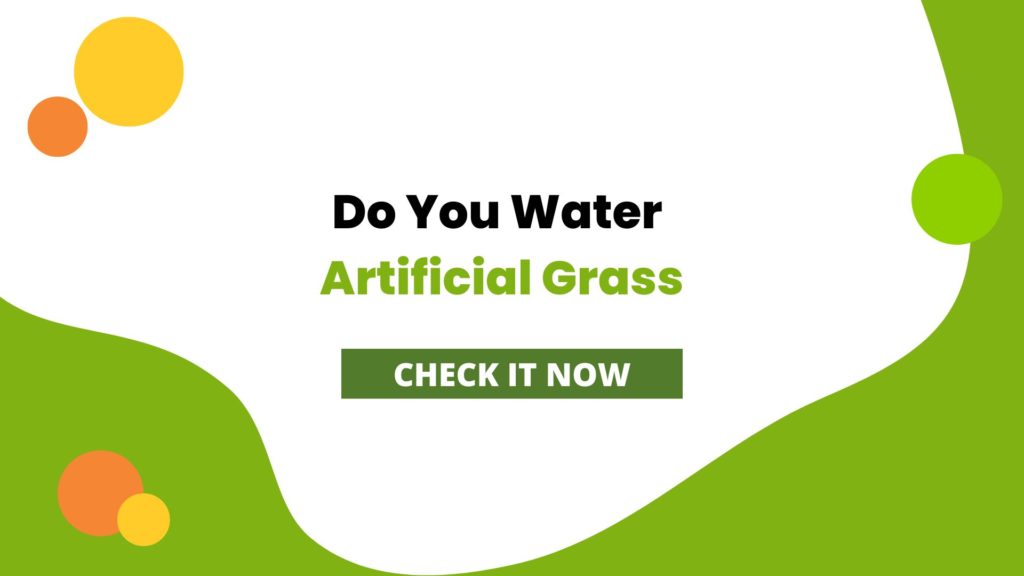Artificial grass is becoming an increasingly popular choice for homeowners and businesses alike, thanks to its low maintenance requirements and long-term cost savings. While many people assume that artificial grass doesn’t need to be watered since it’s not real.
We have article on Do You Water Artificial Grass? So today we will explain the potential benefits and maintenance of artificial grass.
What is Artificial Grass?
Artificial grass is a synthetic material that is designed to imitate the look and feel of natural grass. It is made of synthetic fibers that are molded into a variety of shapes and textures to create a realistic look and feel.
Artificial grass is becoming increasingly popular as a low-maintenance alternative to natural grass, as it does not require watering or mowing to maintain its appearance.
Table of Contents
ToggleWho Needs Artificial Grass
Artificial grass can be a practical solution for a variety of spaces and applications. Some common examples of those who may benefit from artificial grass include:
- Homeowners: Homeowners may choose artificial grass for their lawns or gardens as a low maintenance alternative to natural grass, particularly in areas with extreme weather conditions or water restrictions.
- Sports facilities: Sports facilities, such as soccer or football fields, may opt for artificial grass due to its durability and ability to withstand heavy use and inclement weather.
- Commercial properties: Commercial properties, such as shopping centers, hotels, or office buildings, may use artificial grass to enhance their landscaping or create green spaces for their customers or employees.
Does Artificial Grass Need Watering?
One of the biggest advantages of artificial grass is that it does not require watering. Unlike natural grass, which needs regular watering to stay green and healthy, artificial grass is made of synthetic materials that do not require water to maintain its appearance.
The synthetic fibers used in artificial grass are designed to imitate the look and feel of natural grass, making it an excellent alternative for those who want a low-maintenance landscaping option.
Maintenance of Artificial Grass
While artificial grass does not require watering, it does still require some maintenance to keep it looking its best. Some of the maintenance activities for artificial grass include removing debris and brushing the fibers to restore their natural appearance.
Proper maintenance can help prolong the life of artificial grass and keep it looking great for years to come.
Advantages of Using Artificial Grass
- Low maintenance: Artificial grass requires minimal maintenance compared to natural grass. It doesn’t need to be watered, mowed, or fertilized, which can save time and money.
- Durability: Artificial grass is designed to withstand harsh weather conditions and heavy foot traffic without wearing down or becoming damaged.
- Versatility: Artificial grass can be installed in a variety of locations, including outdoor and indoor areas, and it can be cut to fit any size or shape.
- Aesthetically pleasing: High-quality artificial grass looks very similar to natural grass, providing a lush and green appearance year-round, regardless of weather conditions or climate.
- Environmentally friendly: Artificial grass doesn’t require harmful pesticides or fertilizers, and it can conserve water by eliminating the need for regular watering.
Conclusion
In conclusion, while artificial grass does not require watering, it still requires some maintenance to keep it looking its best.
However, the advantages of using artificial grass, including water conservation, lower maintenance requirements, improved durability, and a wider range of design options, make it an excellent alternative to natural grass.
Whether you are looking for a low-maintenance landscaping option or simply want to create a unique look for your property, artificial grass is definitely worth considering.

